Running a business with no online presence becomes harder every day. There used to be a time where shops with their own websites were an eccentricity, but those days are long past. Nowadays, we’d go as far as to say that if you’re not online, you might as well not exist as far as a sizeable group of the population is concerned.
WordPress is a solid platform upon which to build your business (empire!), and the vast collection of plugins and themes available to its users can simplify even a task as gargantuan as this.
Today we’re going to walk you through the process of deciding exactly what you’ll need to take your professional services business online, and take a look at some of the best tools available to tackle this process.
Let’s get down to business!
- 1 Evaluating Your Business Website’s Needs
- 2 Choosing a Hosting Provider
- 3 Installing WordPress
- 4 Choosing a Business Theme
-
5
11 Key Tools and Plugins for Service Businesses
- 5.1 1. WordPress Simple Paypal Shopping Cart (Shopping Carts and Payment Processing)
- 5.2 2. Easy Pricing Tables Lite (Pricing Tables)
- 5.3 3. Appointments + (Booking and Scheduling)
- 5.4 4. Buffer (Social Media Management)
- 5.5 5. AddToAny Share Buttons (Sharing Buttons)
- 5.6 6. Contact Form 7 (Contact Form)
- 5.7 7. WP Live Chat Support (Live Chat)
- 5.8 8. WP Customer Reviews (Reviews)
- 5.9 9. MailChimp for WordPress (Newsletter)
- 5.10 10. Google Analytics Dashboard (Analytics)
- 5.11 11. WooCommerce (eCommerce)
- 5.12 12. UpdraftPlus (Backup)
- 6 Conclusion
Evaluating Your Business Website’s Needs
First order of business: do you already have a project in mind? Good. Now you need to sit down (or stand, we don’t discriminate against advocates of standing desks) and ask yourself “What is the bare minimum of features this site would need to function?”.
Let’s break down this process using an example:
Joe is the owner of a small pizza place with a loyal base of customers, and he also volunteers at the local dog shelter (which is irrelevant to this guide, but we would like you to root for Joe). However, he’s a bit old school and hasn’t gotten around to setting a website up, even though he knows the competition has gotten a leg up from this.
As times get tougher, it becomes clear that Joe can’t put this off any longer if his business is to remain competitive, and so the question becomes, where does he start? The bare minimum he would need to make his website a worthwhile investment is an online menu (for potential customers to check prices and see if their favorite dishes are served there), contact information, and operating hours.
Right now you must be thinking, “But Tom, what about social media? Reviews? The short biography of Joe where he wildly overstates his Italian heritage? The pictures of his pizzas? Think about the pictures!”. All of these would make worthwhile additions for a site in his field of business, but are they crucial right from the get go? Not necessarily.
There will always be some exciting new addition out there for his website, but Joe’s focus at the beginning should be to get the basic functions up and running (think about it as laying the groundwork). This way he doesn’t lose any time and can test each feature as it’s added in the future, plus, he gets to spend more time playing with the puppies down at the shelter.
Once you’ve got your own list of features, it’s time to start working. That means picking a host, setting up WordPress and finding the right theme for your needs. When that’s done, you can begin to implement these features using the handy list of plugins we’ve compiled for you below.
Choosing a Hosting Provider
Hosting can be a bit of a delicate issue. Most people with experience running their own websites will pick up a hosting service they like along the way and then forget all about it until someone asks for their opinion about which service to sign up for.
There are so many options out there competing for your business that it becomes hard to stand out unless they’re established names. In truth, most good hosts will provide a seamless enough experience that you won’t give them a second thought unless something goes wrong or until the next billing cycle comes along.
The question then becomes, how do you avoid ‘bad’ hosts? Well, there’s plenty of sites dedicated solely to rating hosting providers and comparing reviews, such as WhoIsHostingThis and Web Hosting Geeks. Going with any of their top picks should be guaranteed to provide a decent experience.
However, if you wanna go the extra mile, we would recommend contacting hosting providers’ customer service teams and asking for their help in choosing a plan. Their responses should give you an idea of which provides the best support, which will save you a ton of headaches in the long run.
There’s also the option of managed WordPress hosting for those who wouldn’t mind paying a little extra in exchange for having a team of professionals at their beck and call to assist with any issues. While this may sound like a dream come true, there are some downsides to managed hosting, which we touched upon in Is Managed WordPress Hosting Really Worth the Cost?
Installing WordPress
We covered this in excruciating detail a while ago in A Complete Guide To Installing WordPress, so check that article out if you need help with this process. Once you’re done, take a look at The 10 Most Important Things You Should Do Immediately After Installing WordPress.
Choosing a Business Theme
Here we face a conundrum: How can we recommend an adequate theme if we don’t know exactly what kind of service website you have in mind? After a long consultation with our magic-eight ball, we decided the best approach would be to showcase some of the best multi-purpose themes available out there at the moment.
Yes, there might be better options out there depending on the focus of your website. But if you have absolutely no idea where to get started, it’s very hard to go wrong with these. Each theme includes multiple plugins alongside your purchase, so be sure to check out if any of those can be of use to you.
If the whole process of setting up a theme and installing all the necessary plugins seems a bit intimidating, there are plenty of reputable places where you can easily find capable developers to help you out. Some of our favorite jobs boards for WordPress devs are Smashing Jobs, Envato Studio, and WPMU DEV.
1. Divi
Divi is our answer to the question, “Which theme should I purchase if I never want to buy another one for the rest of my life?”. It comes with 18 pre-made layouts which only require a bit of customization to get up and running, a drag-and-drop builder plugin, and is completely responsive.
There’s a live demo if you want to see it in action (check out the page layouts tab) and you can also take a look at some of our other available themes here.
2. Avada
Avada is the best selling theme of all time in ThemeForest and it’s easy to see why. It includes over a dozen demos which showcase example sites of different businesses such as landing pages, online shops, gyms, forums, cafes, law offices, architectural firms, and more.
It also comes with its own signature builder, which is called Fusion and is meant to simplify the creation and customization process of all pages as much as possible.
You can see Avada in action here.
3. Enfold
Enfold was designed with ease of use in mind. Its wide variety of pre-made layouts (which can be set up with a single click) is meant to serve as a starting point for making your own websites, which is a breeze thanks to its drag-and-drop editor.
All layouts are perfectly responsive and retina ready out of the box, and if you have any issues during setup, you can always reference its thorough documentation and narrated video tutorials (or get in touch with their professional support team).
11 Key Tools and Plugins for Service Businesses
So you’ve already chosen your host, installed WordPress and found the perfect theme for your website – what’s left to do now? Well, there’s one more step to go before you can kick back and bask in the afterglow of your hard-earned success: implementing the functionality you need.
Since we’re working with WordPress, the good news is that for every feature you’ve thought of, there are probably a number of plugins fit for the task.Want to translate your site to pig latin? Check. Add jigsaws to your posts? Of course. Alright, but surely there isn’t a plugin to add Darth Vader quotes to your dashboard, right? Your lack of faith is disturbing, reader. In fact, with over 42,000 plugins available (and that’s just on WordPress.org) at the time of this writing, you’d be hard-pressed to think of a function that doesn’t have a corresponding plugin.
With that in mind, let’s take a look at recommended plugins for implementing some of the key functions that you may want for your site.
1. WordPress Simple Paypal Shopping Cart (Shopping Carts and Payment Processing)
This PayPal plugin tackles two functions: managing products for sale (as well as compiling them in shopping carts) and creating payment buttons for your site. This is just one of many plugins that do this. If you’d prefer to go for the plugin-less route, you could also opt for using buttons created within the PayPal platform.
Which businesses should consider this functionality? Those which offer a fixed (or limited) amount of goods and services, for which an entire e-commerce platform would be overkill.
Alternatives: WP Easy Paypal Payment Accept and Easy Paypal Buy Now Button.
2. Easy Pricing Tables Lite (Pricing Tables)
We tackled how to choose an adequate hosting provider earlier in this guide, and you might have noticed how most of them use a similar style to showcase their plans and prices: tables.
This trend can be spotted all over the web when it comes to sites offering multiple tiers of similar services. Tables are an elegant solution for displaying key information side by side, and they can even be used to show discounts.
This plugin enables you to create and insert tables into your website with a simple creation interface and re-arrange them using drag-and-drop.
Which businesses should consider this functionality? Those offering tiered services or multiple plans.
Alternatives: Pricing Table by Supsystic, Responsive Pricing Table, and WRC Pricing Tables.
3. Appointments + (Booking and Scheduling)
Appointments + handles all the details when it comes to booking future appointments and keeping your schedule organized. What’s more, it enables users to log in using their existing social media profiles so you can keep track of repeat customers, and you can even configure reminder emails to cut down on no-shows.
Which businesses should consider this functionality? If you have to keep track of appointments and currently waste too much time on the phone setting them up, this is perfect for you.
Alternatives: WP Simple Booking Calendar, SuperSaaS – Online Appointment Scheduling, and BirchPress Scheduler.
It feels funny to write this after hammering on and on about how important it is to set up your own service website, but here it goes: a website is not enough.
Now wait, before you start posting profanities on the comments section, let me explain. We’re not talking about crafting a five-year social media strategy here, but you do need to have a presence at the very least.
The good part is that not every business needs to have a presence on all social media platforms. A computer repair service wouldn’t gain much traction from an Instagram account for example (unless you use spare parts to build sculptures or something like that, in which case, kudos!) or a page on Pinterest.
What Buffer does is allow you to manage all of your accounts from a single platform (which is filled with individual tools for each), and schedule future updates.
Which businesses should consider this functionality? Every business needs to have a presence on at least the most relevant social platforms for their industry.
Alternatives: Hootsuite and SproutSocial.
This one is pretty straightforward. Take a look at the left edge of your screen right now – see those buttons with social media logos? They’re there so you can share this fantastic guide with all of your friends and become the most popular person in your social circle (your mileage may vary).
What this plugin does is help you add those same buttons to your website if you post the kind of content that would benefit from being shared.
Which businesses should consider this functionality? If your website features a blog, photos, or reviews, etc. – pretty much anything which people would see and think “Hmm, this would make a fine addition to my timeline” – then you should include sharing buttons.
Alternatives: Share Buttons by AddThis, Mashshare, and Social Share Buttons by Supsystic.
6. Contact Form 7 (Contact Form)
Contact forms are another feature that pretty much every website should consider adding. Sure, you can always simply post your business email and call it a day, but presenting a neat form gives a much better impression and can make life easier for visitors.
Plus, this plugin will help you filter out spam and integrate a CAPTCHA into the process. Who can pass up on getting their own CAPTCHA?
Once you’ve gotten to know the plugin, take a look at another one of our recent articles, 7 Best Contact Form 7 Extensions, for the low-own on how to add exciting new functions to your contact form experience (now there’s a phrase which has probably never been used before in the English language).
If your business has a publicly-visitable headquarters, you might also consider including a map to your location. WP Google Maps can take care of that for you.
Which businesses should consider this functionality? If your line of work requires human interaction, this probably should be high up on your site’s list of basic features. If it doesn’t, then please let us know where we can send an application.
Alternatives: Contact Form by BestWebSoft and Custom Contact Forms.
7. WP Live Chat Support (Live Chat)
There’s a very limited subset of websites where a live chat might be a necessity right from the start; for example, tech-related services where customers might need some assistance determining which tier of services would be best for their needs.
Having a live chat doesn’t mean that you must have someone on call for 24 hours a day either (unless your business is big enough to warrant that kind of attention). In fact, think about it as an expedited contact form; if the ‘Available’ sign is on, then your clients now they can get a fast response from you.
This plugin makes it as simple as showing when you’re available for a live chat, and saving messages when you’re not. In any case, an additional line of communications can’t hurt, right?
Which businesses should consider this functionality? If you have the time available to troubleshoot or talk about a customer’s needs in a consistent manner (or don’t mind hiring an assistant), having a live chat adds a nice touch.
Alternatives: Zopim Live Chat, Formilla Live Chat, and MyLiveChat.
8. WP Customer Reviews (Reviews)
Reviews can make or break an online service nowadays. People are savvy enough to shop around for the best deals and whereas many would hold back their criticism in public, you can be certain that they won’t have the same compunctions online.
There are plenty of online platforms where you can sign up your business so that your future customers will leave you reviews, but adding this functionality to your on your own website can be a nice touch.
With this plugin, you can set up a page dedicated solely to testimonials and provide your clients with simple forms they can use to share their experiences.
Which businesses should consider this functionality? Once again, if you have to deal with other humans in your line of work, this will make a nice addition to your site with little effort from your side (and it’ll keep you on your best behavior!).
Alternatives: WP Review and WP Product Review.
For this plugin to work you will need to sign up for a MailChimp account beforehand. It handily provides you with some additional tools such as subscription forms integrated into any other contact form, or custom pages within your website (with support for Contact Form 7 and WooCommerce).
If you’re not sure whether a newsletter would work for you, get ready to be convinced otherwise after reading Why Your Website Needs An Email Newsletter.
Which businesses should consider this functionality? A newsletter will make a fine addition to any service website regardless of its field. It enables you to retain past customers and pull them back in whenever you have deals available or find content that would interest them. If you take good care of it, a newsletter can become one of your most powerful assets.
Alternatives: iContact and Benchmark Email.
10. Google Analytics Dashboard (Analytics)
There are plenty of ways to know whether your website is successful. I personally like “Is it making any money yet?”.
If it’s not, how do you figure out where things are going wrong? Well, dear reader, that’s a job for analytics. Thanks to Google’s magic you can check out how many visits you’ve received, where your visitors are from, who’s referring them, and how many bolt as soon as your homepage finishes loading.
Having this information may not seem crucial if you’re still in the process of building your website, but it becomes very important as your efforts shift from construction to sales optimization. What this plugin does is pull all the key data you need from Google Analytics (where you’ll have to sign up beforehand) and display it on your WordPress dashboard for ease of access.
Which businesses should consider this functionality? Those interested in making money. All kidding aside, if you’re not seeing the results you expected from your online venture, then it might be a good time to start paying attention to these metrics.
Alternatives: Check out one of our past articles – The 7 Best WordPress Analytics Plugins for Stat Junkies.
11. WooCommerce (eCommerce)
If you’ve ever shopped online, chances are you’ve come into contact with a WooCommerce-powered store at one point or another. This plugin handles absolutely everything you need in order to start selling any type of goods (physical or digital) – from shipping, to payment options, and beyond.
On top of all that, it’s intuitive for beginners and is also open-source, so there are enough documentation and support threads out there to make War and Peace seem like a light bathroom read.
Which businesses should consider this functionality? If your service revolves around online commerce, you’ll need a dedicated e-commerce solution and this one fits the bill for stores of all sizes.
Alternatives: Magento (WooCommerce vs Magento: Which E-Commerce Platform Is Right For You?) and Shopify (WooCommerce vs Shopify: Which Is Better For E-Commerce?).
12. UpdraftPlus (Backup)
If you’re reading this, chances are you’re a tech savvy individual who knows his way around a computer. Therefore, you should already have backups in place of your most important files, right?
Personally, we recommend keeping at least 12 different backups in separate countries (preferably stored within titanium safes). However, if you find our practices a bit excessive, a simple backup here and there will suffice.
UpdraftPlus is compatible with Amazon S3, Dropbox, Google Drive, and many other cloud storage services. It’s as simple as installing the plugin, scheduling it to run from time to time, and then never having to worry again if an update breaks your website.
Which businesses should consider this functionality? Cloud storage is incredibly cheap these days and when you’re starting out, it’s unlikely your website will take up a huge amount of space. So why not play it safe right from the start and join the cult of backups? (We have t-shirts!)
Alternatives: BackWPup Free and Backup Guard.
Conclusion
Let’s not kid ourselves: Whether you’re starting an all-new business or simply bringing yours online, the process won’t be a cakewalk. In order to succeed, you’ll need to be ready to keep your site up to date, manage new customers in a timely fashion, and handle many more woes that not everyone is equipped to deal with.
You can, however, cut down on a lot of headaches simply by choosing the right tools for each task and following the tips we’ve outlined:
- Choose the best hosting provider for your budget.
- Define exactly what you need to make your online service work.
- Pick a theme that fits with your field and makes your site look professional.
- Choose the tools to get your services up and running.
If you have any questions or comments about WordPress, hosting, themes or plugins, fire away in the comments section below and we’ll be happy to help!
Article thumbnail image by Strejman / shutterstock.com



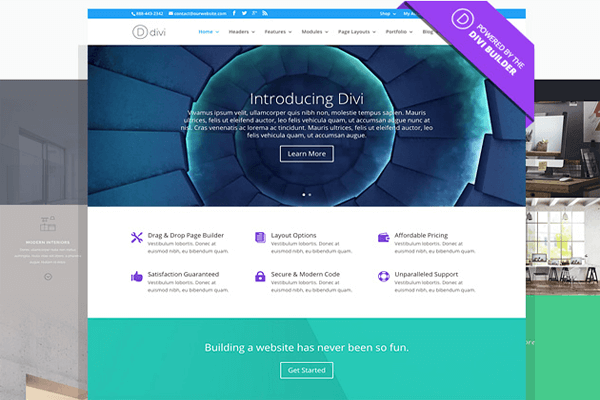


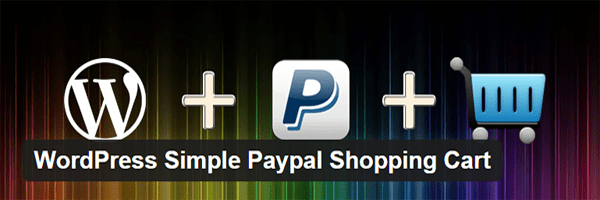










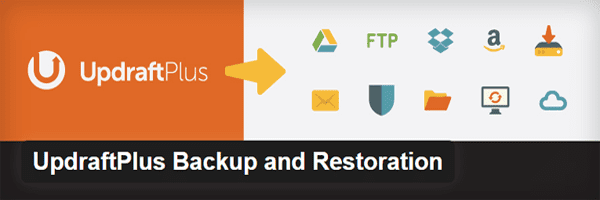




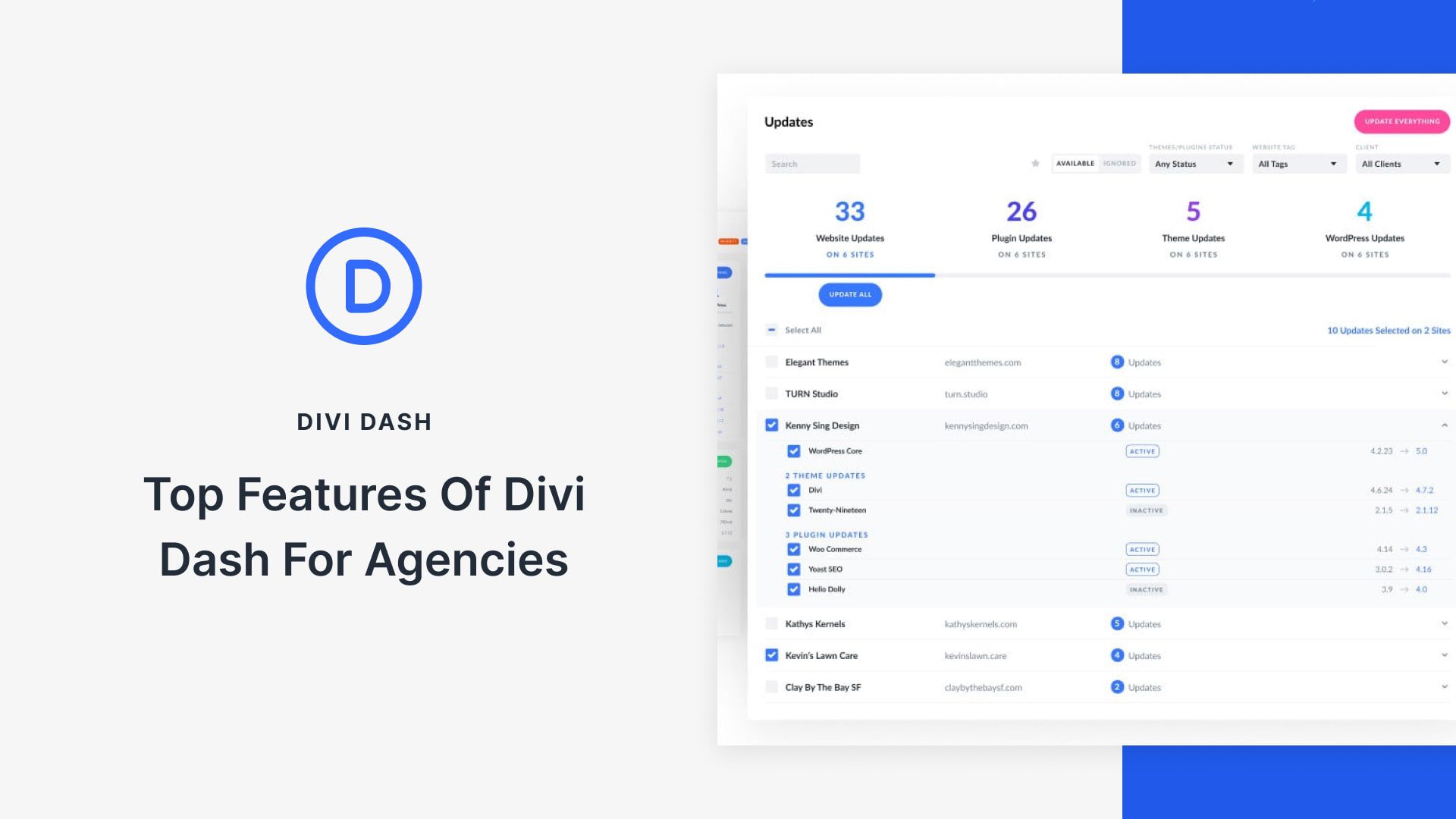
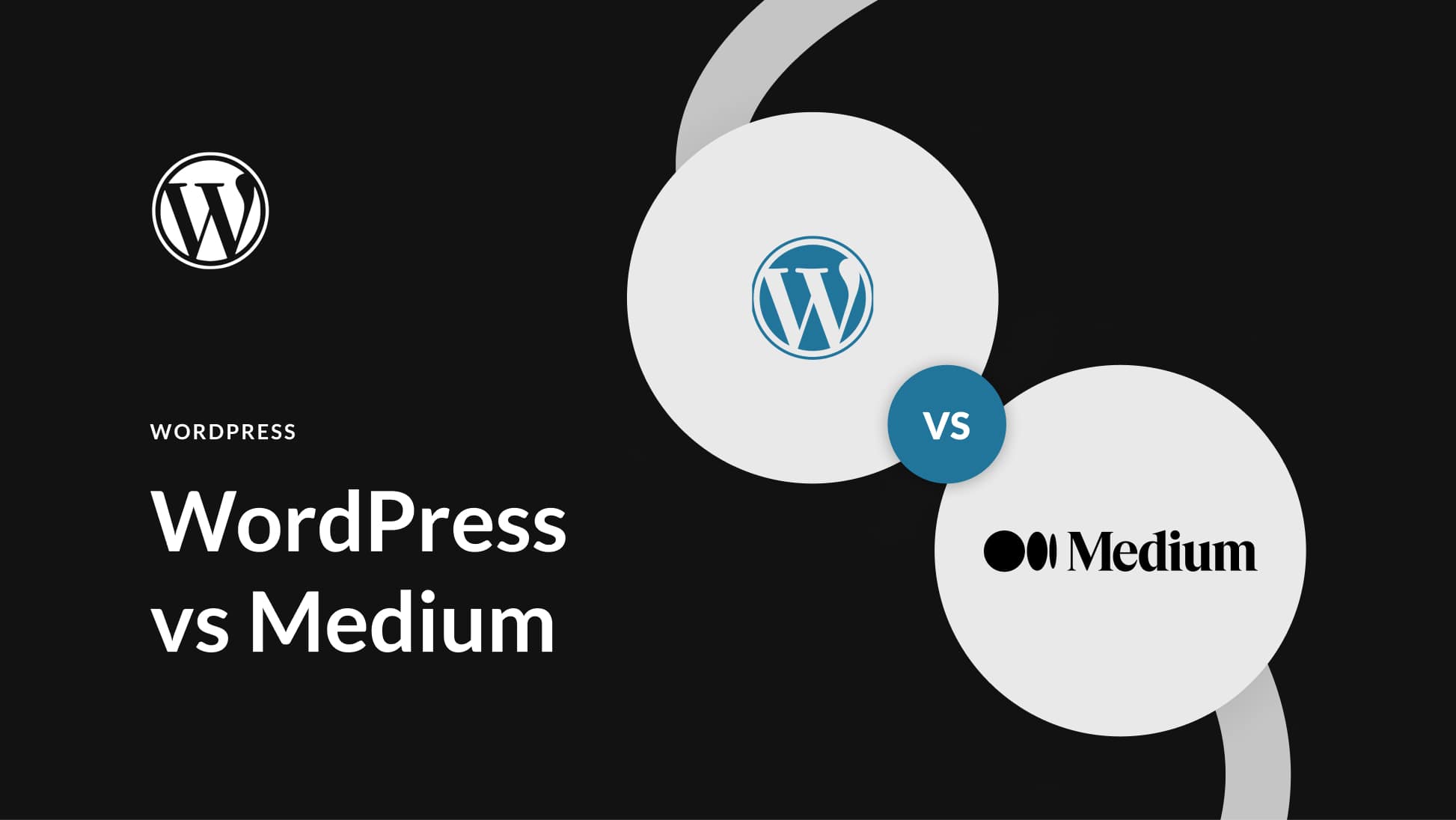

From many of the above factors, see the website quite a big influence.
At least in my opinion.
How do you think, whether we think the same?
Jasa, I would say that a website is more than a big influence – I’d say it’s absolutely essential!
Thanks for this detailed article, but i am confused for selecting a theme. Are you provide any theme which specifically built for tutorials site like w3sc00l.
Tom , that is great list always to learn from these posts .
thanks
Having been through this process with many client’s over the years, I can breeze through an article like this and it reads like a well-traveled set of directions and coordinates. I can’t imagine, however, how overwhelming this really can be for the person just starting out. Today, those of us who’ve been in the web design business for years, add to what we already have. If you’re just getting started, it might seem like climbing a mountain.
I recently set up a new site using Divi and have found it brilliant even for a absolute techno peasant and olderpreneur like me. What i have found challenging is the vast array of ‘must have’ plugins that every other guru is touting. This article has help see through the weeds, but it is still a challenge deciding what I need and what I don’t need. Great article
One thing I realize when it comes to building a wp site for business is to get a theme that is flexible. I have purchased a theme (just a bit cheaper than divi) where I can’t make changes to it. It is incredibly fWordPress the missing manualrustrating when my client wants subtle changes but cannot bc the theme has no option to do so.
I like divi theme bc it is super flexible.
This is a mini-course! I’m going to recommend it to anyone who wants to roll their own.
Thanks for a great article! I specially enjoyed the links for previous articles integrated in this context.
I did however missed the plugins Monarch, Bloom, both from Elegant Themes. The first for Social Media sharing and the second for Email opt-in.
I understand the suggestion to use Contact Form 7, especially seeing how flexible it is. I’ve used it a lot in the past myself, but recently I’ve switched to Ninja Forms. It’s easier to use and I appreciate the support they offer.
Although some of the features that are standard in CF7 are (premium) add-ons for NF, they are worth the small investments to me. For example, I’d rather use an intuitive interface to set a form’s layout than mess with HTML and CSS to try and get fields aligned. The time I save on that alone is worth the money.
Thank you so much for this article! I’ll be opening up an online shop this year and learning everything from scratch, and this article is such a really helpful resource.
By the way, I absolutely agree with: Divi is our answer to the question, “Which theme should I purchase if I never want to buy another one for the rest of my life?” I love Divi!
This is an amazing article Tom. Thanks for sharing your insights.
This is a great list! Thanks for posting this one.
Just as a side note- I saw the Avada theme, and immediately thought “kedavra…” It was a good time.
I had a restaurant who just wanted the bare minimum too. In their case, online menu, contact information, operating hours and wanted online takeout/dine in so added wooCommerce & Paypal as well.
Will he want the other bells and whistles mentioned in this excellent article? If the online ordering takes off, I hope so one day. For now, he’s marketing that his restaurant now offers online takeout and dine in & happy with that.
Pretty cool
Nice…. Thanks
Good article, I have bookmarked it for future reference.
One thing which did puzzle me was that Backup Buddy was not mentioned as a backup programme. I would appreciate knowing why this was so.
To explain, I have been having problems with Backup Buddy failing but everything I have read shows that it enjoys a good reputation
Am I missing something?
Comments?
Hi Martin
We use Backup Buddy, but we’ve now also changed our hosting so sites are backed up on a 30 night rolling basis. Backup buddy is very, very good but does need setting up to match your hosting provider. I’ve allways found them very helpful with any issues, issues I have seen have all been to do with something called cron loopbacks. Try their support and give them as much info as you cann
holy words…
This is an excellent article Tom. Anyone getting started, or who has been in business a while can benefit from these tools and your guidance. Thank you.